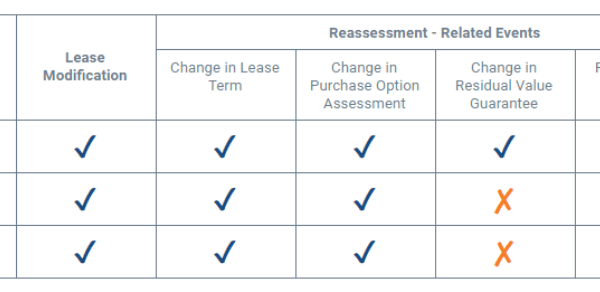We get a lot of questions from CRE brokers and one of the most common is when should I form an LLC? More specifically, “when” usually means at what amount of income?
An LLC is a legal structure and an S-corp is a tax status. You can be a CRE broker who is a 1099 paid Sole Proprietor and have an LLC. However, the tax differences only arrive when your LLC files Form 2553 with IRS to elect tax treatment as a Subchapter S corporation.
Not new CRE brokers, but new to working with us, often tell us their CPA suggested it is not worth the effort of forming an LLC and electing s-corp status until income is close to $500k. We strongly disagree.
No matter the income level, every CRE broker new and old should be structured as an LLC with s-corp tax status. Being setup this way allows for maximum flexibility in strategy, retirement savings opportunities, and lowering taxes.
Most CRE brokerages firms start their salespeople with 1099 compensation or quickly get them there. Some firms keep them as W-2 employees until they reach a certain title or they choose otherwise.
Let’s look at a simple case study for an entry-level CRE broker with lower income.
Rob is a new broker, is paid 1099, and is a Single tax filer. He expects to bring in $40,000 of revenue this year.
As a Sole Proprietor he will have $1,796 of income tax and $5,695 of self-employment tax (payroll taxes), for a grand total of $7,491.
Instead, Rob becomes an LLC taxed as an s-corp and pays himself a salary of $10,000. A salary will be required as an employee of your s-corp. This will be an entirely new thought process and strategy to work through. His income taxes will be $2,300 but his payroll taxes will only be $1,530, for a grand total of $3,830.
The tax savings as the s-corp is $3,661.
We will take it a step further and suggest Rob take that $3,661 of tax savings and add it to a retirement account. At this income level we’d probably recommend a Roth IRA, but if instead he chose a deductible IRA that would further increase his tax savings by $438.
Changing the way he received the income lowered taxes, created new cash flow to fund retirement savings, and ultimately saved $4,099.
Tax savings can be had at any level of income. As a percentage of income, the tax savings at lower amounts of income is generally higher, thus debunking the typical CPA suggestion that you wait to take this next step until income is much higher.
Don’t wait any longer to make this change. We advise CRE brokers at all stages of their career and have partnered with attorneys who know this process for CRE brokers. Give us a call to help take your tax savings to the next level.



